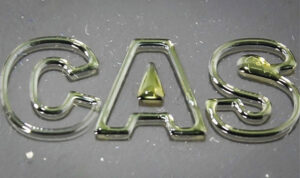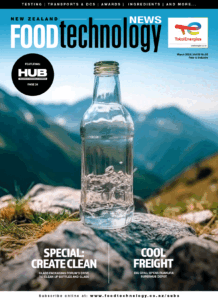 RESEARCHERS DEVELOP BIODEGRADABLE, BIORECYCLABLE GLASS
RESEARCHERS DEVELOP BIODEGRADABLE, BIORECYCLABLE GLASS
Glass is used in many fields, and plays an important role in food and beverage packaging.
However, says a team of scientists from the Chinese Academy of Sciences, there is an urgent need to develop biodegradable and biorecyclable glasses that have a minimal environmental footprint towards a sustainable society and circular economy.
The team says that the widespread use of persistent, non-biodegradable glass that cannot be naturally eliminated causes long-term environmental hazards and social burdens.
To solve this problem, the group led by Professor Yan Xuehai from the Institute of Process Engineering (IPE) of the Chinese Academy of Sciences has developed a family of eco-friendly glass of biological origin fabricated from biologically derived amino acids or peptides. The proposed glass is biodegradable and biorecyclable.
Traditional glass, such as commercial inorganic glass and poly (methyl methacrylate – PMMA) organic glass is biologically incompatible and not readily degraded in nature. The development of biodegradable and biorecyclable glass is expected to have a minimal environmental footprint.
Unfortunately, says the team, manufacturing such eco-friendly glass of biological origin is very challenging because biomolecules possess poor thermal stability and decompose easily at the high temperatures typically used in glass manufacturing.
In this study, the researchers used chemically modified amino acids and peptides to fabricate biomolecular glass with biodegradability and biorecyclability features through the classic “heating-quenching” procedure.
The researchers tracked the glass-forming ability, glass-transition-related kinetic and thermodynamic parameters of the material, as well as glass performance in vitro and in vivo.
Surprisingly, the biomolecular glass based on derivatives of amino acids or peptides showed a unique combination of functional properties and eco-friendly features, including excellent optical characteristics, good mechanical properties and flexible processability, as well as the desired biodegradability and biorecyclability.
“The concept of biomolecular glass, beyond the commercially-used glasses or plastics, may underlie a green-life technology for a sustainable future,” says Xuehai. “However, the biomolecular glass is currently in the laboratory stage, and far from large-scale commercialisation.”






























































































